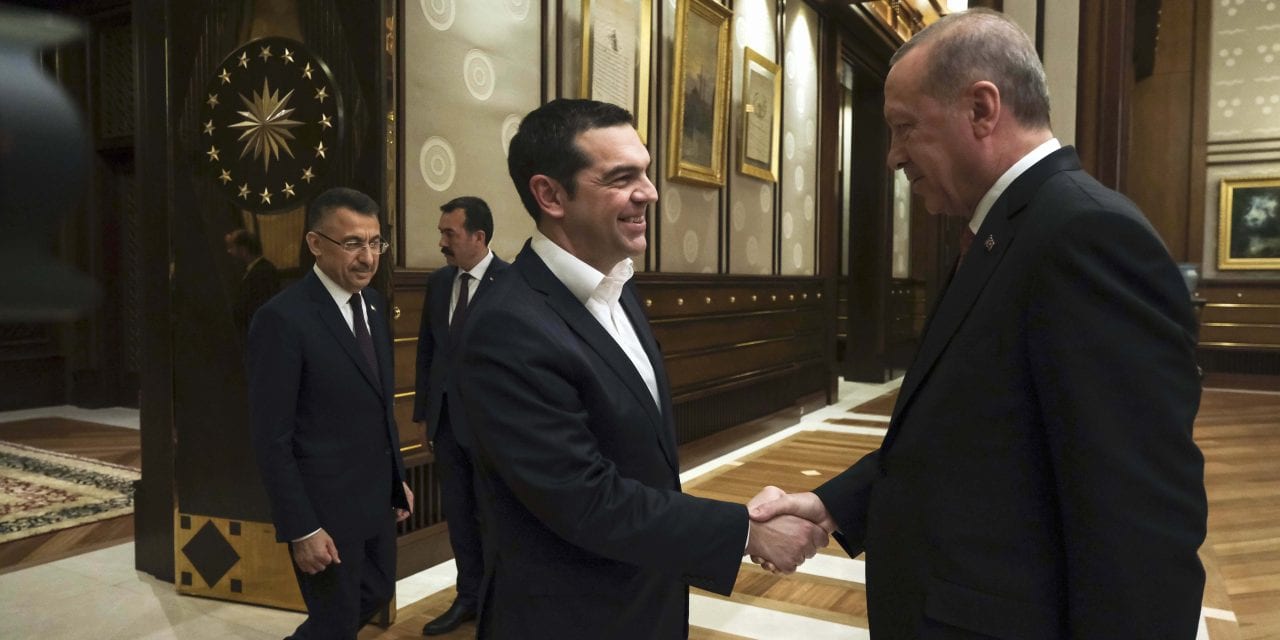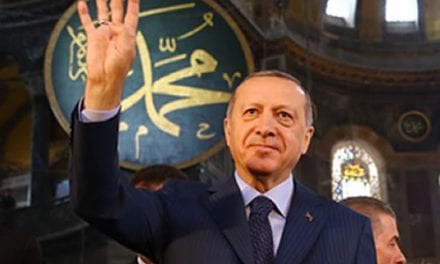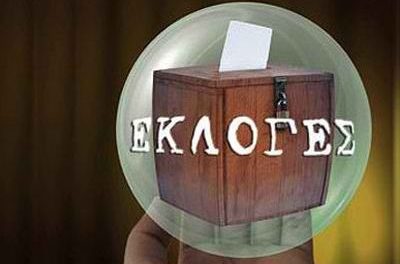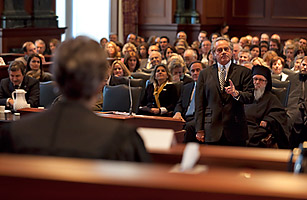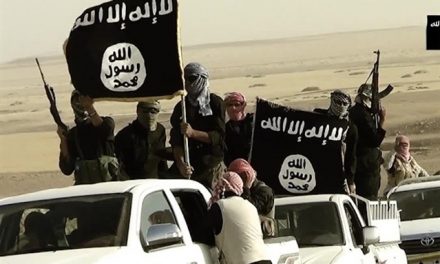By Nikos Georgiadis, Ahval-
The meeting between Greek Prime Minister Alexis Tsipras and Turkish President Recep Tayyip Erdoğan in Ankara this month ended without any of the unnecessary skirmishes that marred their previous encounter in Athens in December 2017 and sparked a mini-Cold War between the rival neighbours.
Though no concrete achievement was made, both sides adopted a more rational stance over territorial disputes in the Aegean and eastern Mediterranean and expressed vague wishes based on a vague “road map” by which bilateral issues would be addressed.
Erdoğan and Tsipras decided to engage their defence ministers, both top military commanders with a common NATO background, to initiate a long-term discussion on the deadlock over the Aegean and eastern Mediterranean issues. General Hulusi Akar and Admiral Evangelos Apostolakis are to follow the general guidelines of the so-called road map.
A somewhat obscure event likely influenced the diplomatic rapprochement in Ankara. A few days before Tsipras visited, a mock dog fight took place over the Aegean between Turkish and Greek jets, a relatively common occurrence. But on this occasion both the Greek and Turkish sides heard a Turkish F-16 fighter pilot reporting an important technical failure.
The Turkish pilot received an order to land as soon as possible at the closest airport. Greek authorities allowed the Turkish F-16 to make an emergency landing. Everything was done by the book and the Turkish fighter landed safely. But for several minutes the rivals faced the possibility of a crash and a nightmare fallout. The ghost of Imia – the tiny, uninhabited rocky islet Greece and Turkey almost went to war over in 1996 – was rising once again.
Akar and Apostolakis met in Brussels this week and agreed to establish confidence-building measures that could eventually lead to an end to confrontations. In fact, it is more of a hope than a probability. It is very important to realise that even those low-profile initiatives announced in cautious diplomatic language have already provoked negative reactions by the nationalistic-conservative right-wing parties in Greece, including Kyriakos Mitsotakis’ New Democracy party.
The confidence-building measures will cover:
1) Bilateral restraint on violations of national air space as well as measures to avoid dangerous naval manoeuvres along maritime frontiers.
2) Efficient and immediate contacts in between the two General Staffs in the case of incidents.
3) Cooperation between the security services, police and coastal guards in order to control the illegal passage of citizens across the Aegean and River Evros land border.
There is a general feeling among Greek diplomats that Athens has assured that it would adopt a more severe policy when dealing with people facing problems with Turkish authorities for political reasons. Tsipras obviously does not want to face a similar case to that of the eight Turkish military personnel who escaped after the 2016 failed coup and applied for political asylum in Greece.
This development will probably create new problems for Turks trying to escape into Greece. The official phrase refers to a “bilateral effort to stop the activities of criminal organisations that are involved in illegal trafficking”. Obviously this cooperation will not be limited to stopping only the illegal passage of refugees and migrants.

